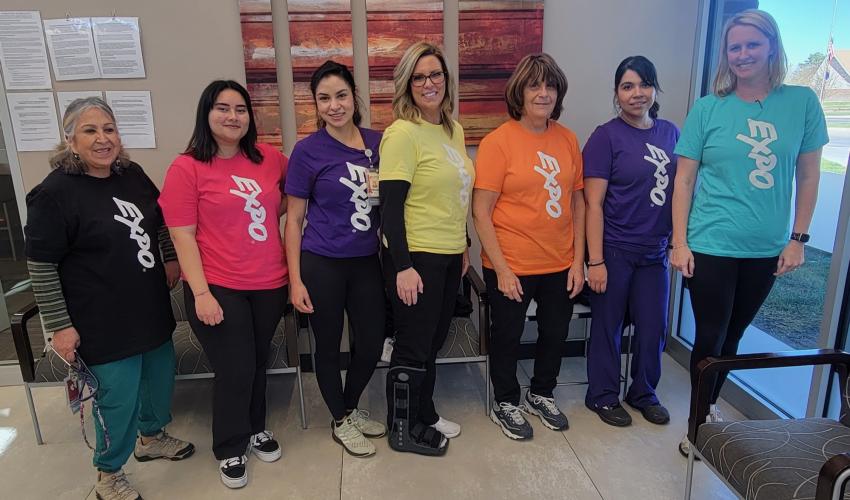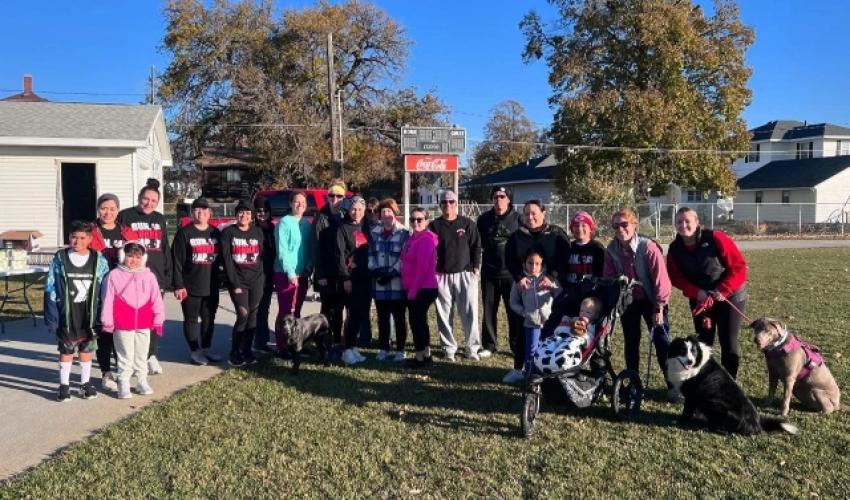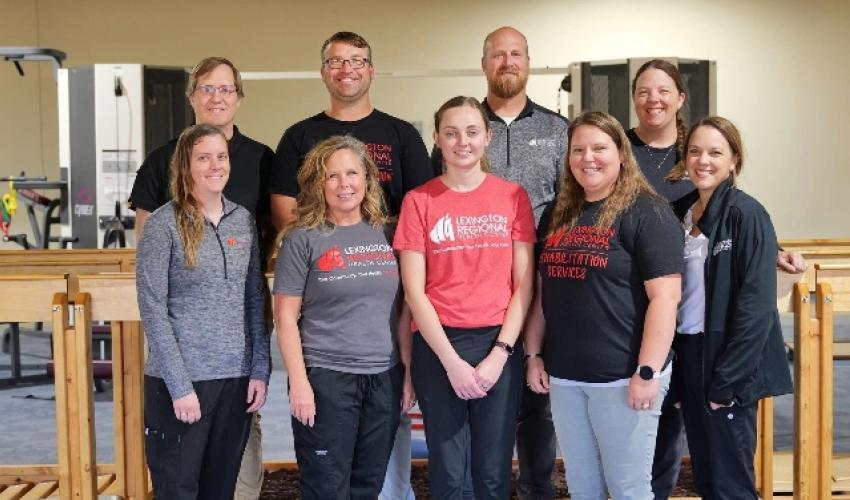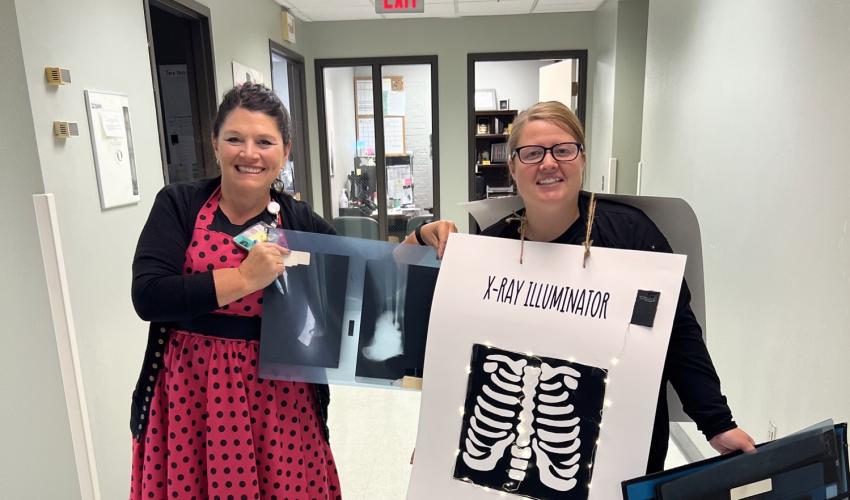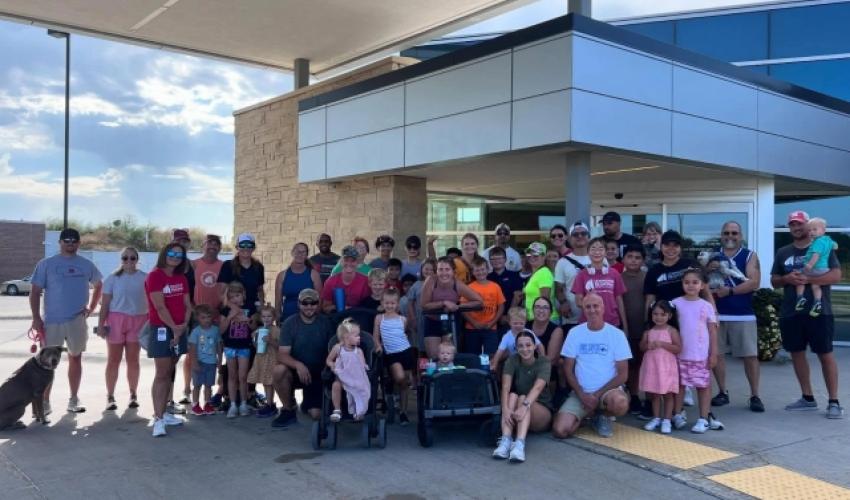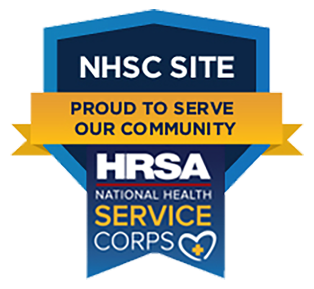Careers
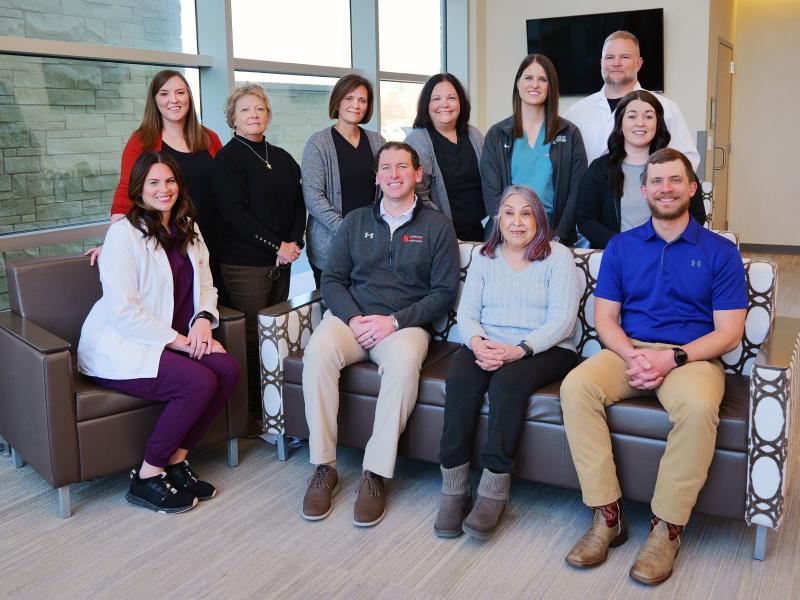
Together, We Can Make a Difference
Working at Lexington Regional Health Center is all about making a difference in the lives of our patients. We’re proud to provide the highest quality of care by always placing patients first. That care comes from our dedicated staff who is passionate about serving others. Are you ready to join us?
A Workplace that Cares About You
We believe that happy, supported employees provide the best care for our patients. That’s why we offer competitive benefits, opportunities for professional growth, and a culture of respect and collaboration. Here, you’ll work alongside inspiring colleagues who uplift and motivate one another every step of the way. Discover a career where you’ll feel valued, appreciated, and empowered to thrive!
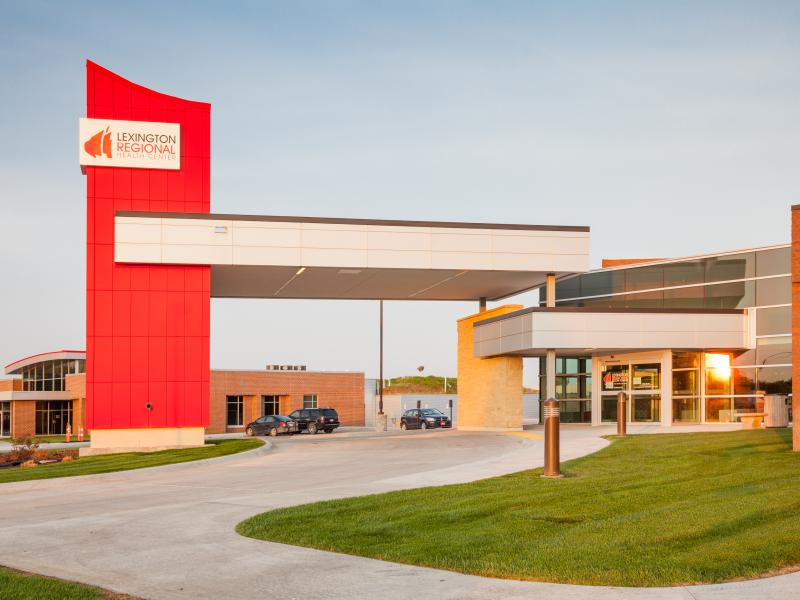
Questions?
For more detailed information, contact a member of our Human Resources team:
Jill Denker Chief Human Resources Officer | Jolene Morrison Administrative Assistant
| Karen Rojas Human Resources Generalist |


